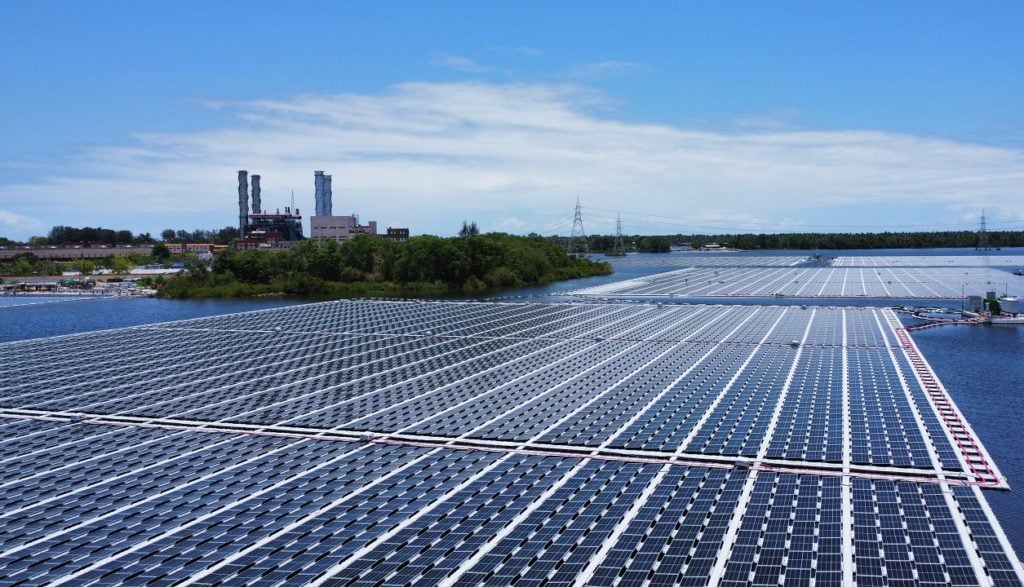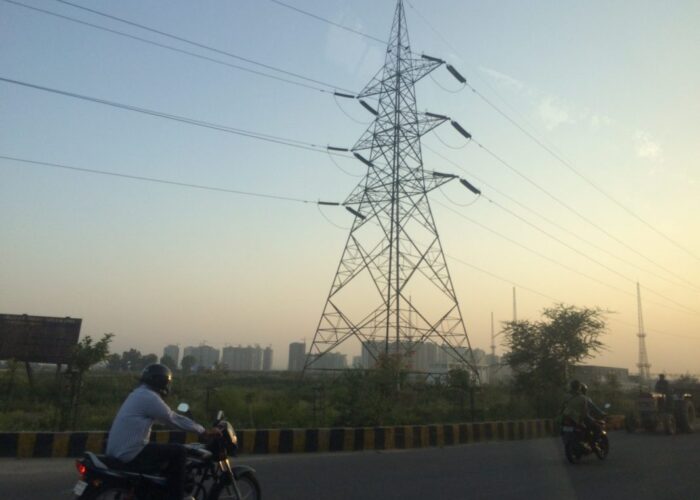
India’s Central Electricity Regulatory Commission (CERC) has approved tariffs of INR2.6 (US$0.03)/kWh for a portfolio of solar projects awarded last summer by the Solar Energy Corporation of India (SECI).
SECI, a government body, launched the tender last March and ultimately awarded 2GW of projects to six developers, including Indian renewables developers SAEL and ReNew, which each earned approval for 600MW of projects. As part of the bids, the developers sought tariffs of INR2.6 (US$0.03)/kWh, and this has now been approved by the CERC, potentially setting a precedent for higher levels of tariffs in the Indian solar sector.
Try Premium for just $1
- Full premium access for the first month at only $1
- Converts to an annual rate after 30 days unless cancelled
- Cancel anytime during the trial period
Premium Benefits
- Expert industry analysis and interviews
- Digital access to PV Tech Power journal
- Exclusive event discounts
Or get the full Premium subscription right away
Or continue reading this article for free
The CERC has also released new draft regulations for the tendering process as a whole. These regulations, which will be in effect from April 2024 to March 2027, split power generation facilities into “generic tariff” and “project specific tariff” categories, with solar projects in the latter category.
As solar tariffs will not be subject to annual regulation by the CERC, and will instead be determined on a case-to-case basis, there is the prospect that Indian solar tariffs will continue to rise, as developers seek greater financial assurances from the government as they look to develop projects.
According to the Institute for Energy Economics and Financial Analysis (IEEFA), the lowest winning tariff in utility-scale solar auctions increased by 22% between 2020 and 2022, suggesting that, on average, new solar projects are in greater need of government support now than in earlier years. The IEEFA suggests that “an increase in project cost and risk” has contributed to this increase in tariffs, and the CERC’s latest tariff approval follows the Indian government’s release of new incentives for rooftop solar installations, as the state looks to jump-start the Indian solar sector.
Similarly, Mercom notes that the lowest tariff on record in 2022 was INR2.29 (US$0.028)/kWh, an increase of close to 7% over the previous year, and a figure which suggests that even the tariffs offered for bids that are ultimately unsuccessful are increasing. While this could be to the benefit of developers in the short-term, the continued reliance of the Indian solar sector on beneficial government support will do little to improve the sector’s financial viability in the long-term.
However, India’s solar tariffs have, on the whole, been in decline, from a high of INR10.95 (US$0.13)/kWh in December 2010, according to the Council on Energy, Environment and Water, so the long-term trend in Indian solar financing remains encouraging.






